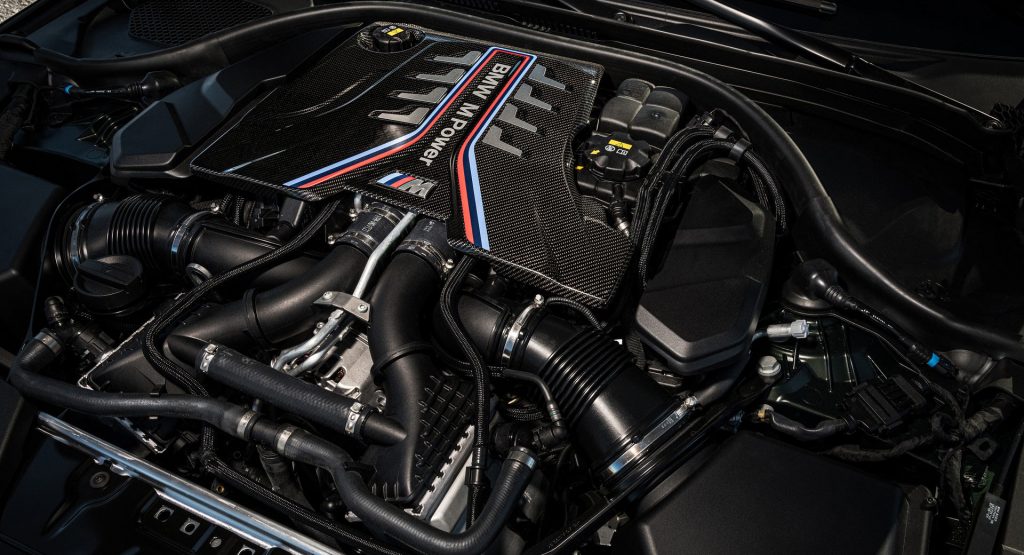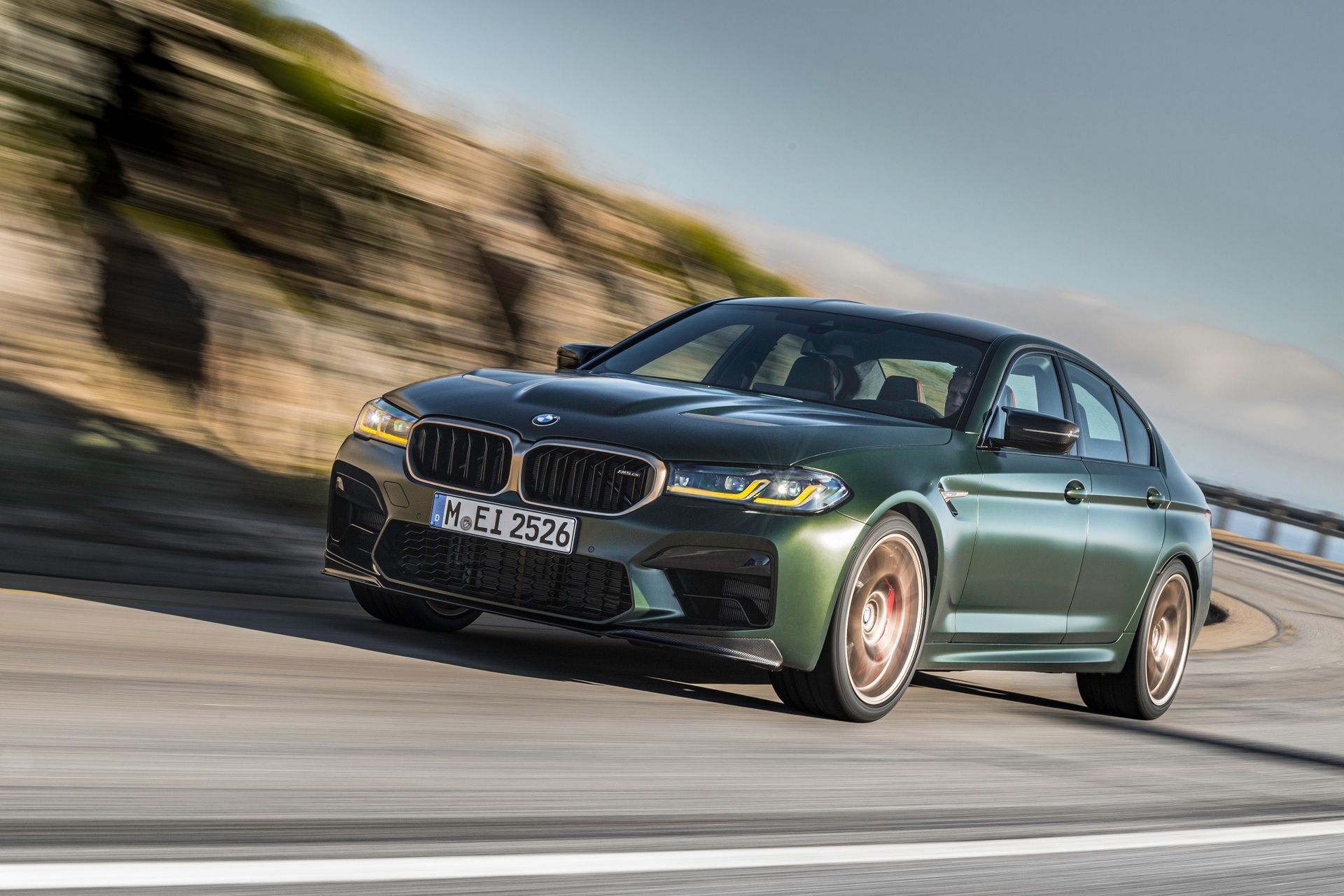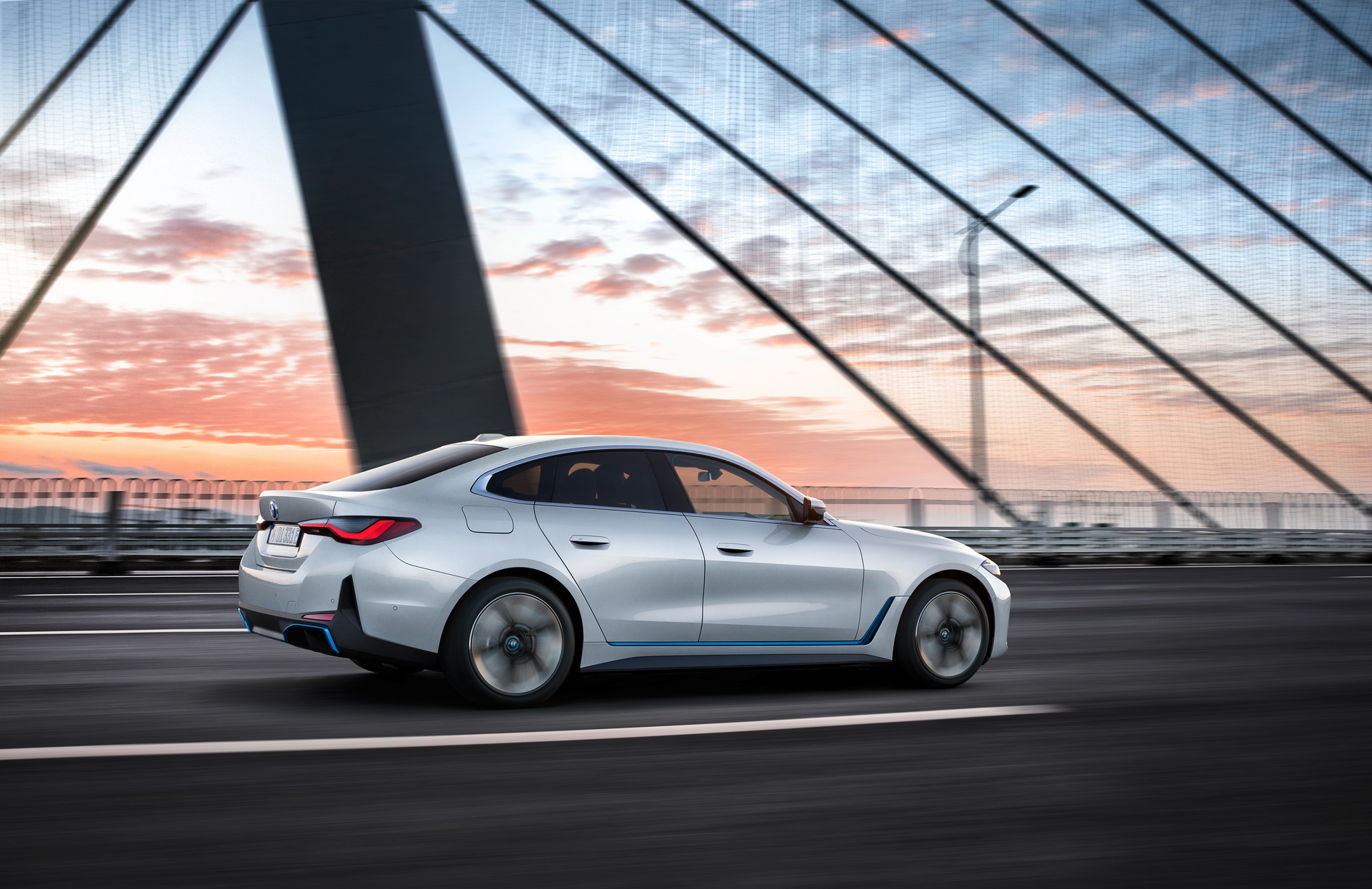BMW isn’t yet ready to put a date on when it will end production of internal combustion engines.
Almost every other week it seems that another car manufacturer announces plans to transition to selling only electric vehicles. Many of these automakers are announcing dates around 2030. BMW isn’t following suit and in a recent interview with Auto News at the Munich Motor Show, BMW development chief Frank Weber explained why that’s the case.
“For electric mobility, the question is not when the combustion engine is ending. The question is: When is the system ready to absorb all those battery-electric vehicles? It’s about charging infrastructure, renewable energy. Are people ready? Is the system ready? Is the charging infrastructure ready? All of that,” Weber said.
Read Also: BMW Doesn’t Think Its EVs Need More Than 373 Miles (600 Km) Of Range
“It has also to do with the fact that I have people working for me on combustion engines and I’m shifting them over time into electric. It makes no sense to make the transition overnight. I have to make sure that this transition works perfectly – for both social reasons and economic reasons. These are real big questions.”
Weber went on to explain that BMW supports forthcoming Euro 7 emissions regulations and wants to get the best out of its combustion engines. However, he does have an issue with a proposal from the European Commission that says the strict emissions requirements should be met under all circumstances.
“This means you can test compliance with a trailer, at minus 20 degrees centigrade going up the hill at 3,000 meters high,” Weber explained. “We as manufacturers have said this will not work. It would be like banning the combustion engine.” Weber added that complying with forthcoming emissions regulations will be the “last big investment in combustion engines.”
“Then we will have an investment that takes us to the end of the decade,” he continued, “and nobody has to decide today whether they have an exit strategy for combustion engines for 2030. The last thing we want is that customers have to buy electric cars and there is no adequate charging infrastructure. That is in nobody’s interest.”





